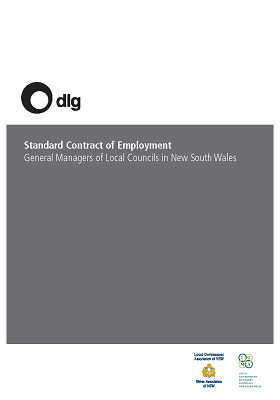Comparison to Victorian Public Service (VPS) executives
The VPS has a standard contract that sets out the terms and conditions for executive employment. There is a remuneration policy set out by the Secretary and Executive Remuneration Panel. The Inspectorate compared the published salaries and reports on CEO remuneration to VPS executive salary packages and found the majority had a remuneration package within the ranges of the VPS executive bands EO1 to EO3. The data indicates that there is significant overlap between the reported CEO remuneration levels and the VPS executive officer salary ranges. The comparison suggests that current remuneration levels within the local government sector for CEOs is comparable to an executive level VPS position. While this was compared strictly in remuneration terms, there is an equivalent level of responsibility and financial risk but often a higher level of public accountability, and the inherent political risk, in a council CEO position.
Total remuneration
Of the councils reviewed, the average CEO remuneration was $295,000 with the range across the state between $200,000 to $400,000. There was a strong relationship between remuneration and population of the municipality.
| VPS Executive level | Salary range | CEO type by grouping | Salary (median) |
|---|---|---|---|
| E03 | $178, 500 - $231,439 | Group 1 | $234,757 |
| E02 | $206,539 - $330,582 | Group 2 | $307,733 |
| E01 | $300,148 - $439,332 | Group 3 | $362,038 |
(Salary figures and averages taken from VPSC and Inspectorate data)
Group 1: Small to medium rural council
Group 2: Large rural, regional or small metro council
Group 3: Large regional to large metro council
Observations and trends across the sector
Updated


